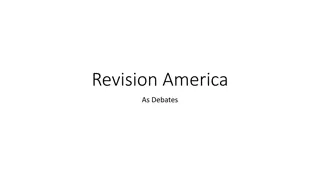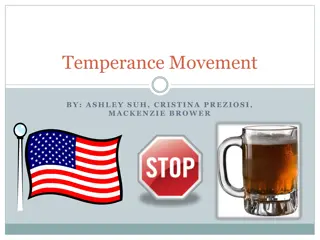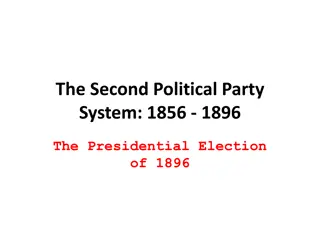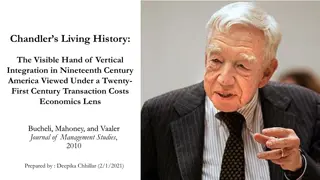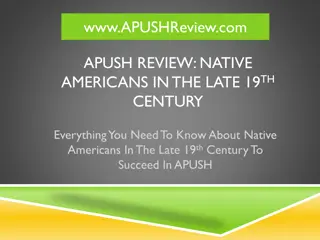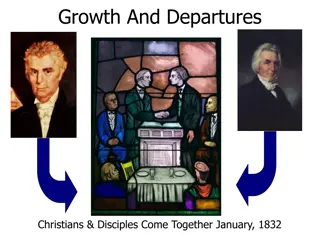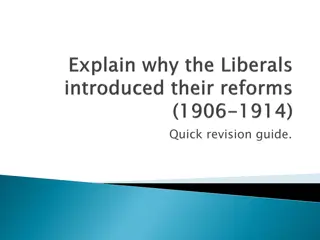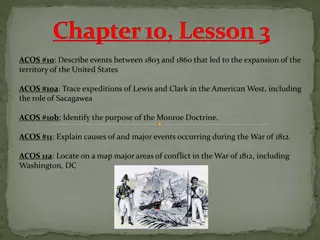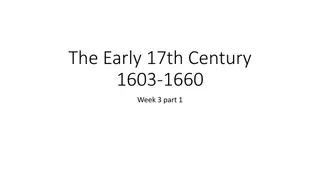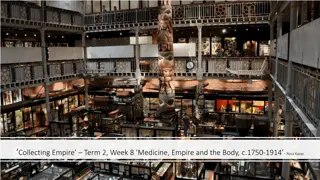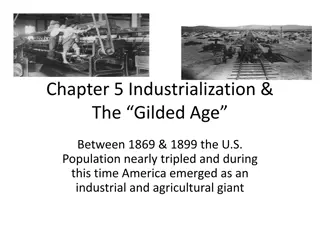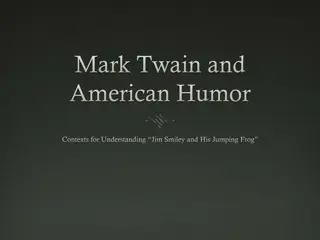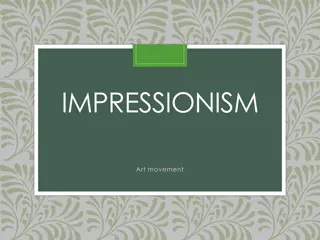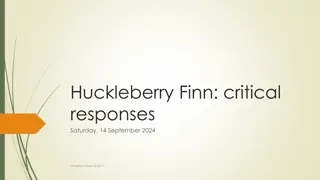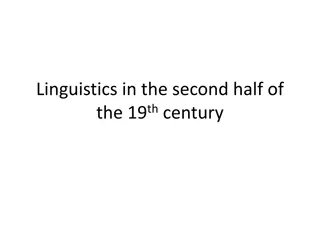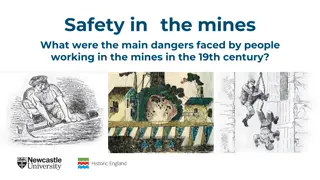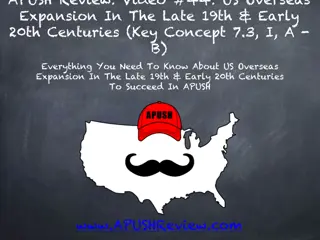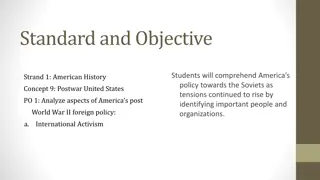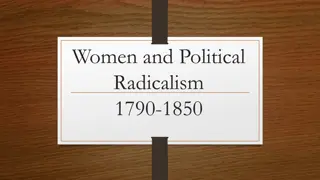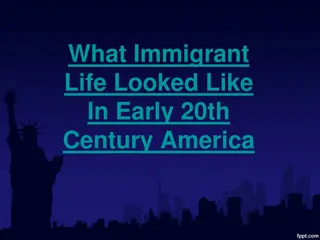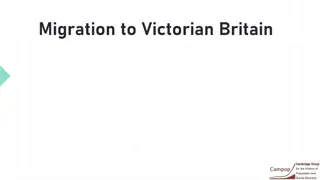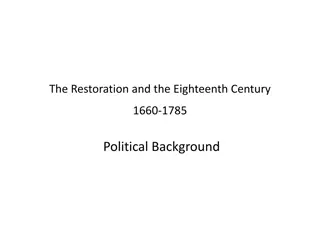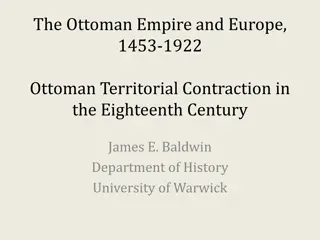Political Events and Challenges in Early 19th Century America
Jefferson's election, Burr as VP, and the peaceful transfer of power marked a significant period. The Judiciary Act of 1801 and Marbury vs. Madison case highlighted the role of the Judiciary. Jefferson's dilemma with the Louisiana Purchase, Burr's controversial actions, and America's struggles between Britain and France added complexity to this era.
Download Presentation

Please find below an Image/Link to download the presentation.
The content on the website is provided AS IS for your information and personal use only. It may not be sold, licensed, or shared on other websites without obtaining consent from the author. Download presentation by click this link. If you encounter any issues during the download, it is possible that the publisher has removed the file from their server.
E N D
Presentation Transcript
Jefferson wins, Burr becomes VP Peaceful transfer of power among parties 12thAmendment Jefferson keeps virtually all of Hamilton s policies in place (not excise tax) We are all Republicans, we are all Federalists.
Judiciary Act of 1801 Created 16 new judgeships and other offices Midnight Judges Last minute appointments by Adams prior to leaving office JOHN MARSHALL Served 34 years INCREASED THE POWER OF THE FEDERAL GOVERNMENT Judiciary Act of 1801 Midnight Judges JOHN MARSHALL (KNOW HIM AT ALL COSTS)
Marbury vs. Madison (1803) Marbury sues Secretary of State Madison Part of Judiciary Act ruled unconstitutional ***SIGNIFICANCE*** Judicial Branch is the sole interpreter of the constitution Sets the precedent that the Supreme Court can declare laws unconstitutional Samuel Chase: Impeached by Republicans due to personality Found not guilty in the Senate Significance: No real serious attempt has been made to reshape S.C. by impeachment Marbury vs. Madison (1803)
Jefferson tries to buy NO from the French for $10 million. Livingston and Monroe are offered all of Louisiana for $15 million! Jefferson thought this was necessary to the country, but felt it was unconstitutional Role reversal of strict vs. loose interpretation US doubled in size
Burr plotted a secession of New England Burr challenges Hamilton to a duel and kills him His political career is over, tries to separate western part of US Arrested and tried for treason. Found not guilty Flees to Europe and urges an alliance between France and England against US
America is caught between Britain and France Berlin Decree (1806): trading with Britain Orders in Council (1806 France, forced ships trading with France to stop in Britain first to be loaded with goods IMPRESSMENT Forcible enlistment of American merchants and sailors into the British navy Chesapeake Incident: British warship fires on American ship, kills 3, injures 18. Angers Americans greatly Berlin Decree (1806): France would confiscate ships Orders in Council (1806): Britain s response to IMPRESSMENT:
Embargo Act of 1807: Forbade export of ALL goods from US, no matter the destination Intent was to make France and Britain respect America s rights The plan backfired horrifically Economy of US takes a huge hit New England was hurt the most (Federalists are angry) Act revoked in 1809
Non Reopened trade with all nations of the world, except Britain and France US economy is still hurting, needs those two large countries to trade with Non- -Intercourse Act: Intercourse Act: Positives of embargos? Beginnings of the Industrial Revolution are born Factories begin to pop up in New England Jefferson, who believed agriculture should be the main industry, helped spark industry (supported by Federalist Party)
Purpose: to entice Britain or France to repeal shipping restrictions U.S. would maintain its embargo against the nation that didn't sign on Leads to US embargo against Britain, helps fuel the War of 1812
1. War Hawks pushed Madison toward war 2. Traditional Republican (Jeffersonian) partiality toward France 3. Visibility of British impressments and arming of Amerindians. 4. Chesapeake-Leopard Affair 5. Lure of conquering British Canada: timber, fishing, fur trade.



